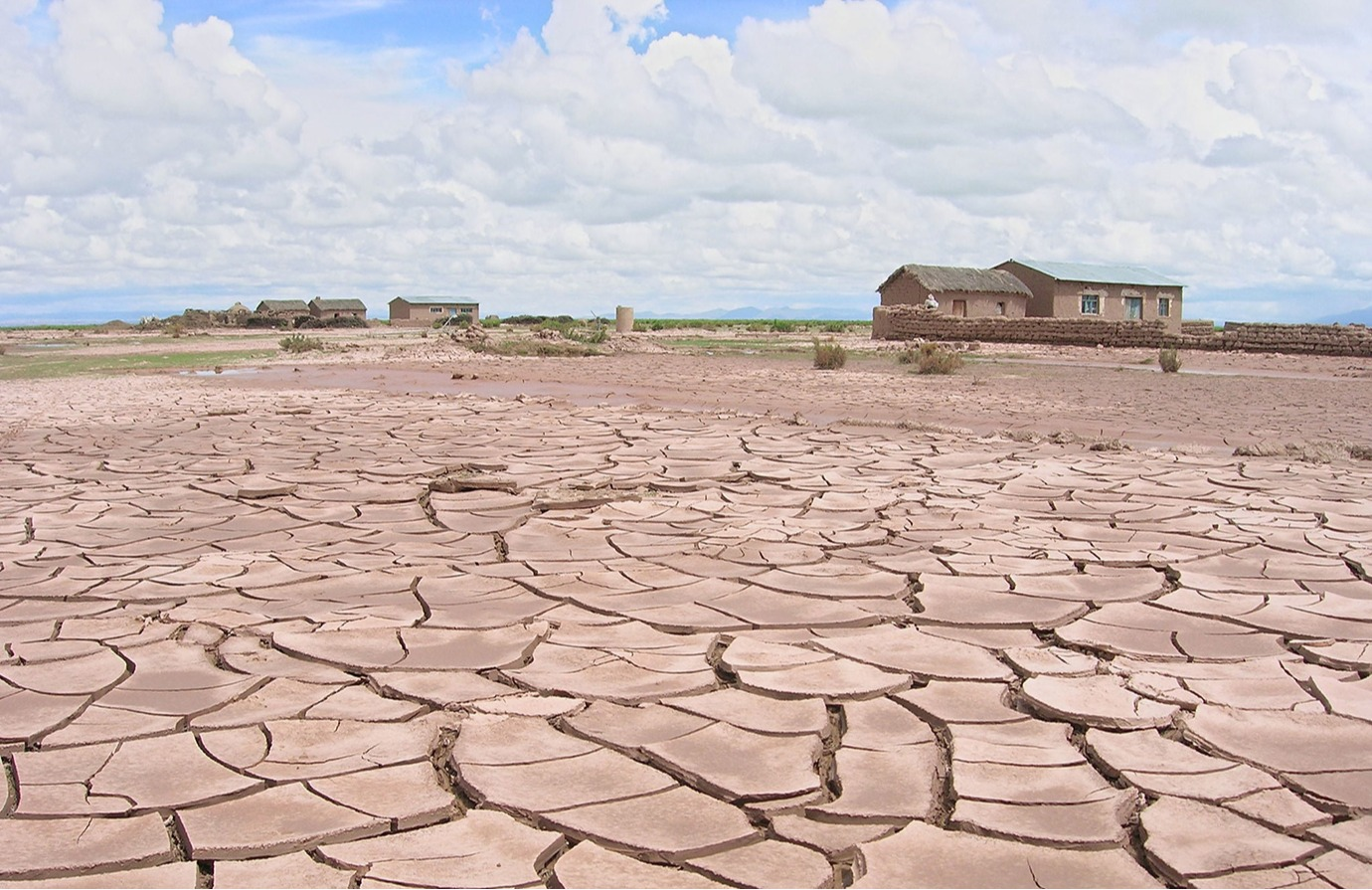Topic outline
In recent decades, the occurrence of climate- and weather-related disasters has increased, and globally, a vast number of agricultural livelihoods are compromised each year, with far-reaching effects on food security and ecosystems. This course is part of a series which aim to introduce the FAO Damage and Loss (D&L) methodology, developed by FAO to support countries to generate precise and holistic data for the agricultural sector. This can be used for national Disaster Risk Reduction/Management, resilience and to help monitor the achievement of global targets.


This e-learning course targets a wide range of stakeholders, specifically:
- Policy-makers
- Technical officers at Ministries of Agriculture;
- Statisticians;
- Analysts; and
- Researchers and academics.
- The concept of disaster impact assessment.
- How agriculture is affected by a growing number of disasters, and the significant economic losses absorbed by the sector.
- The importance of collecting regular and reliable data on disaster impacts.
- How the D&L methodology contributes to monitoring the Sendai Framework, Sustainable Development Goals and the Paris Agreement.
- How the D&L methodology can complement other post-disaster needs assessment methods and processes.
The course consists of 2 lessons, of 25-30 minutes duration each:
- Lesson 1 – The need to assess disaster impact in agriculture
- Lesson 2 – The D&L Methodology and other international agendas
The online version of this course runs on the latest versions of the major browsers, such as Chrome, Safari, Edge and Firefox.
The downloadable version only runs on Windows PC’s and no additional software is needed.
Digital certification
This course offers certification. You will get your digital badge upon passing a final exam after completing the course and achieving a grade of at least 75%. Please click on the button below to complete the exam, or refer to our Certification section to learn more.
Evaluate this course
We would be pleased to receive your evaluation of this course, to support us in improving future e-learning courses. Please click on the button below to answer the questions in the form. It should only take you a few minutes!

